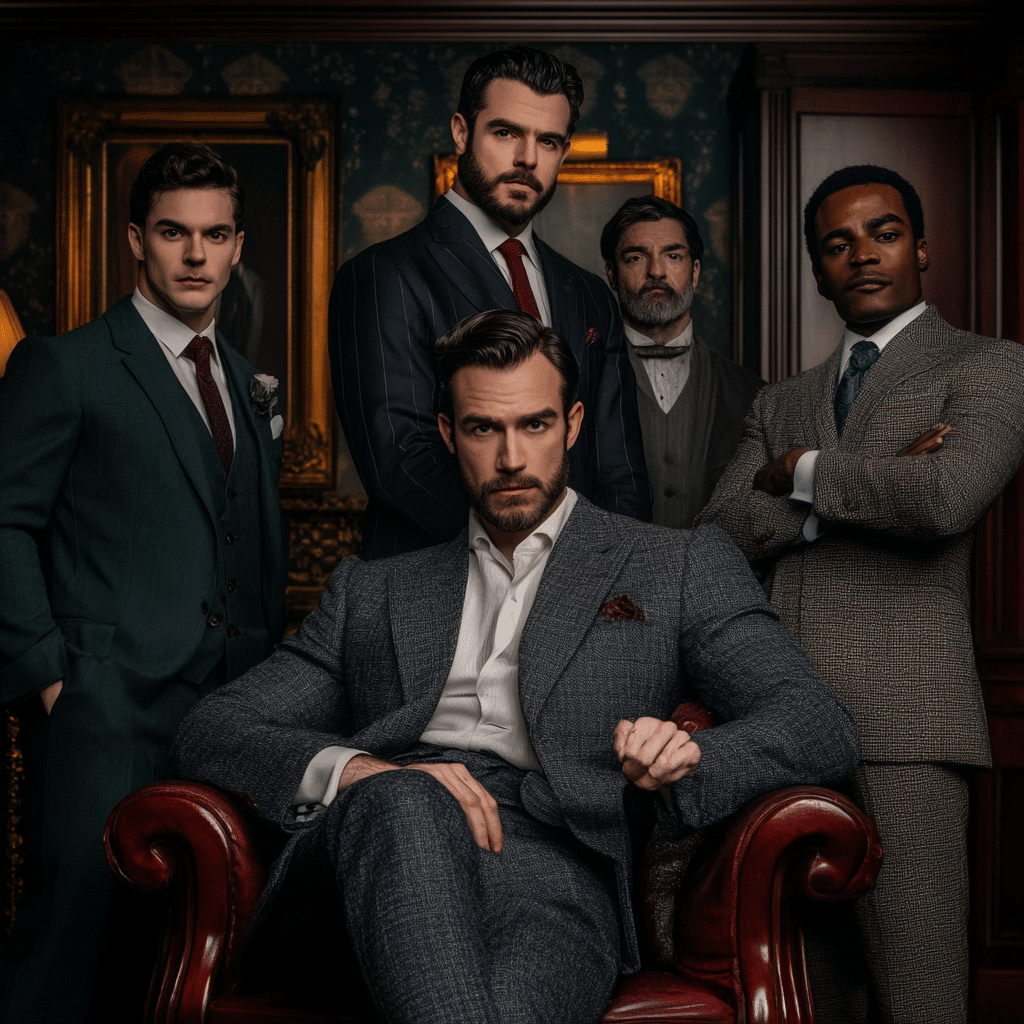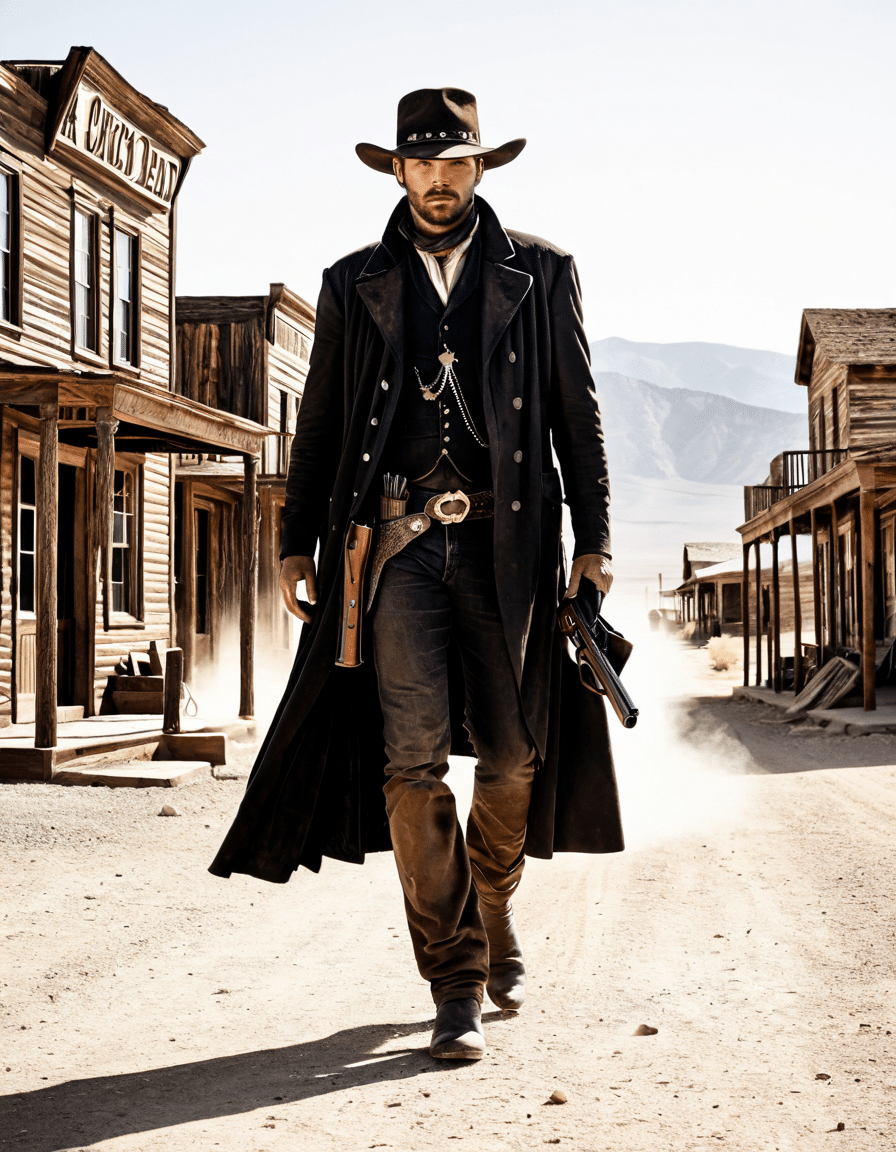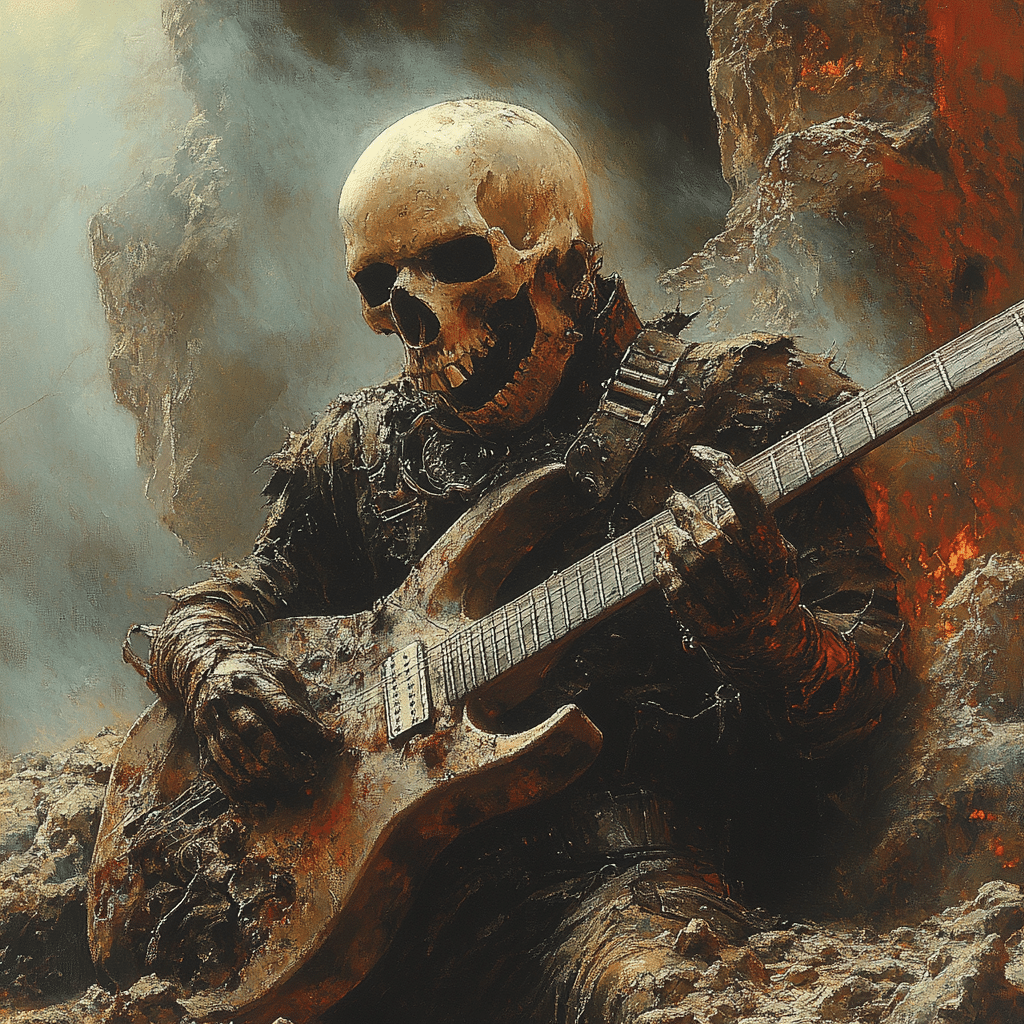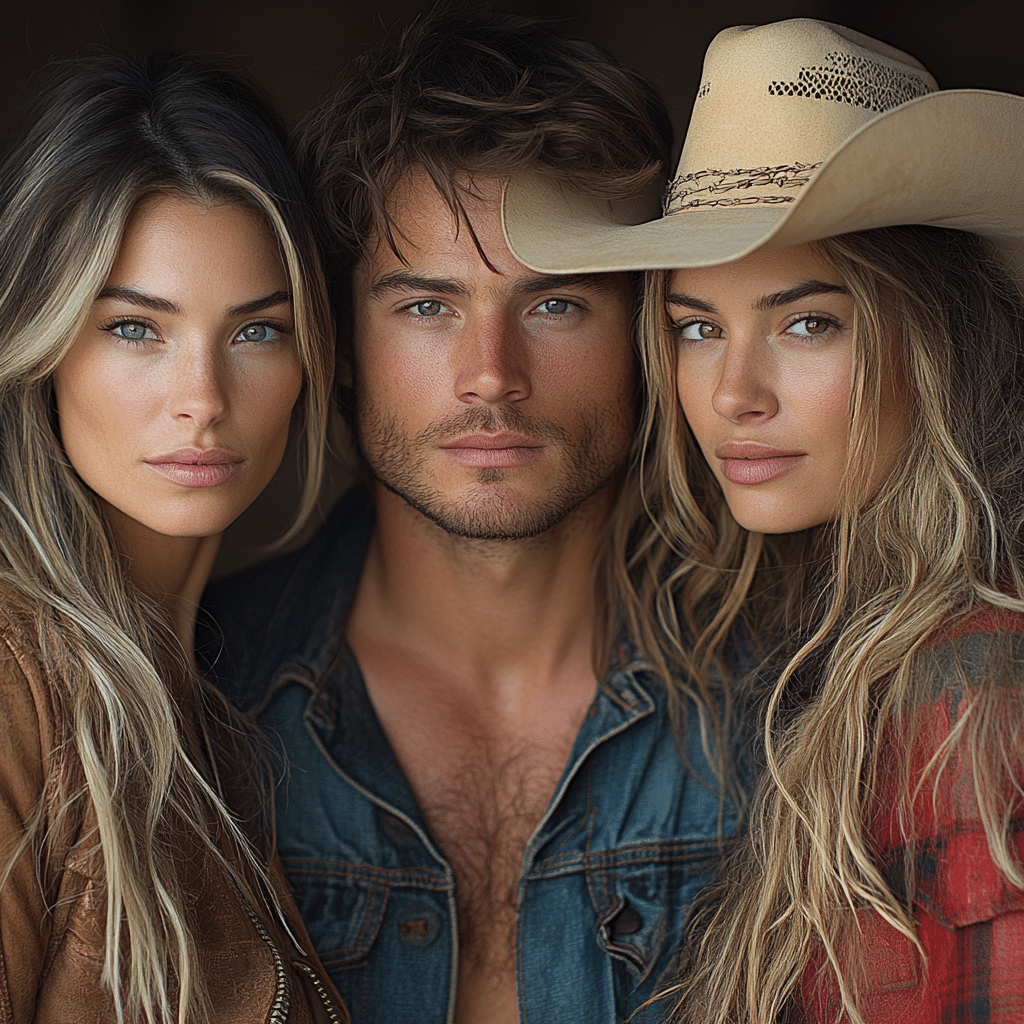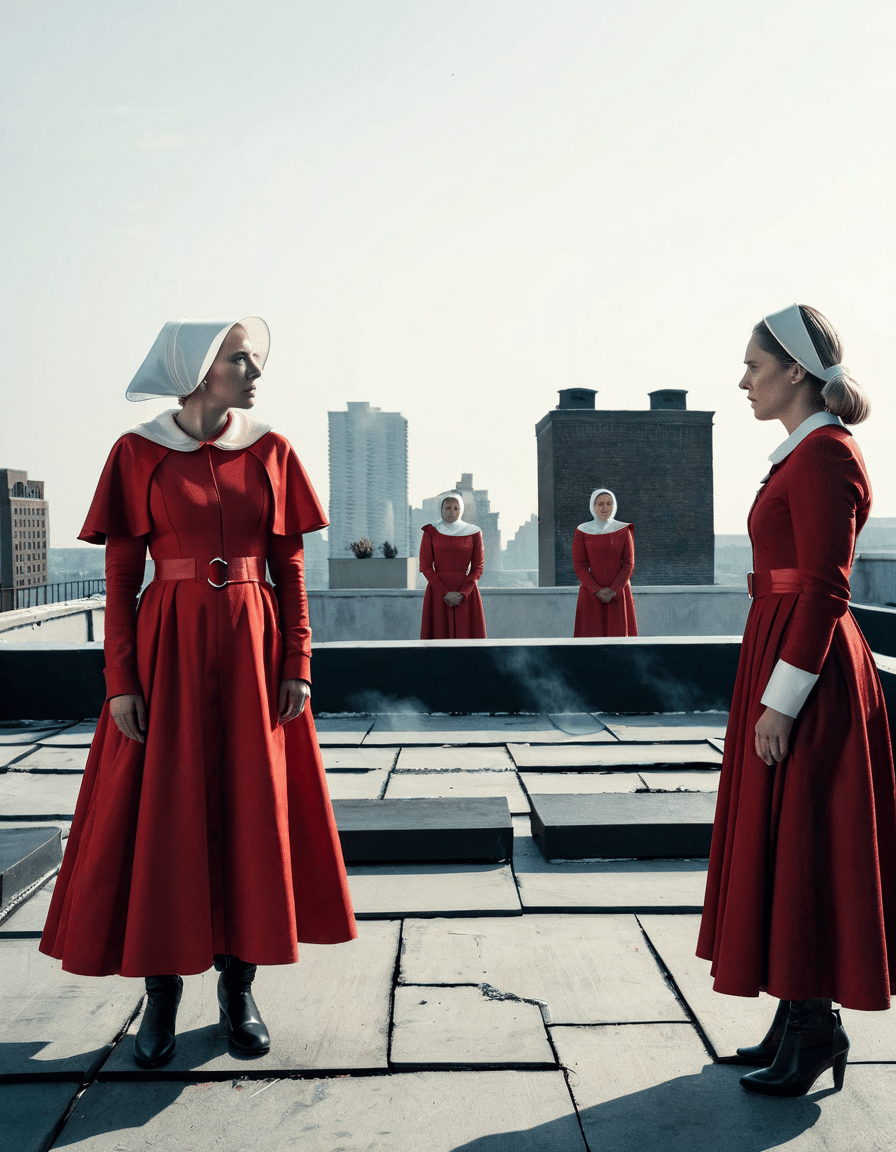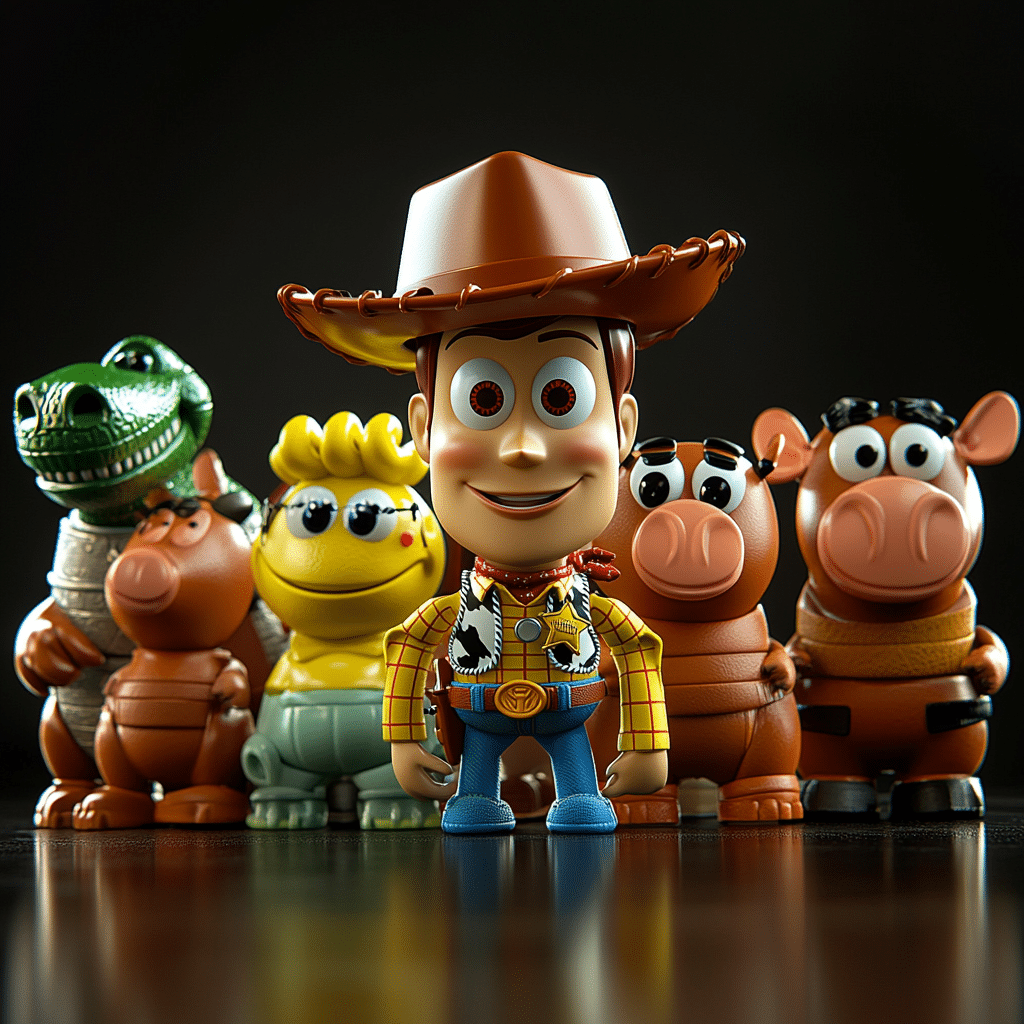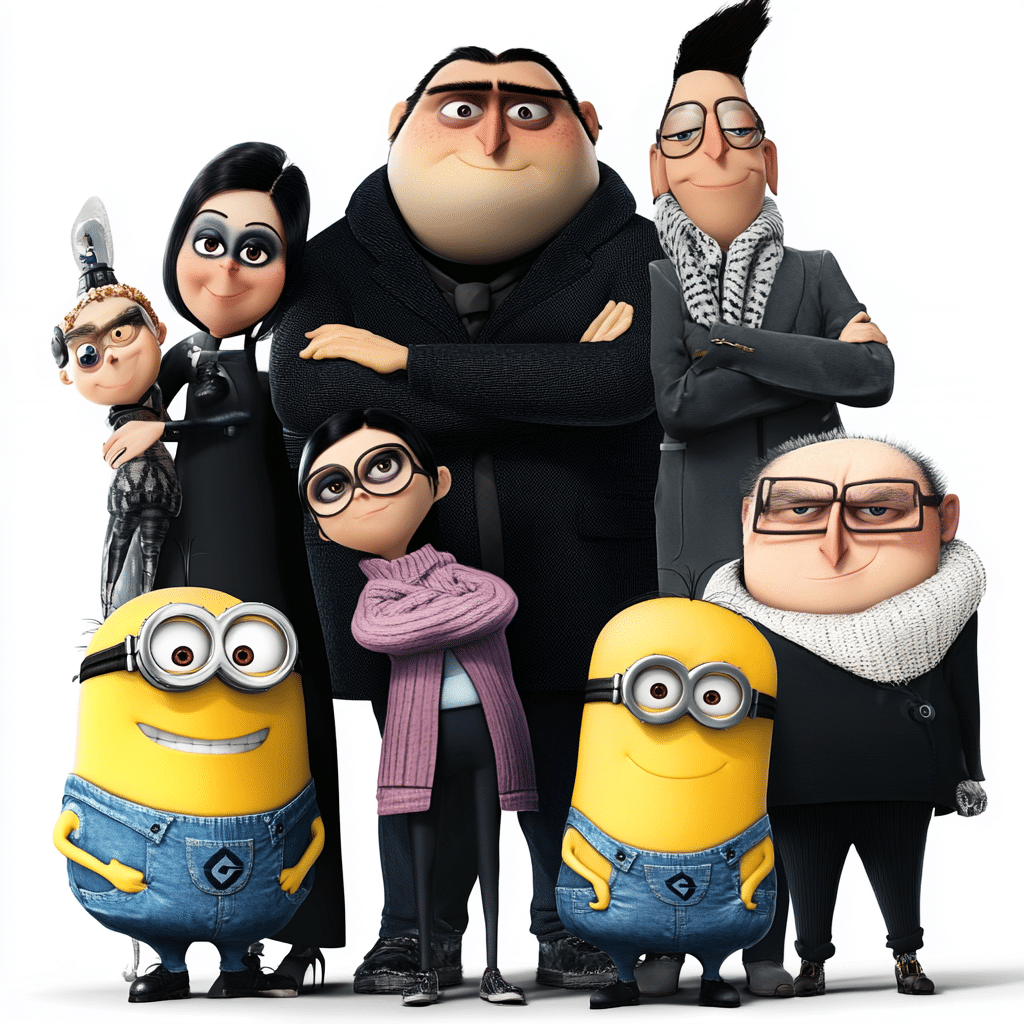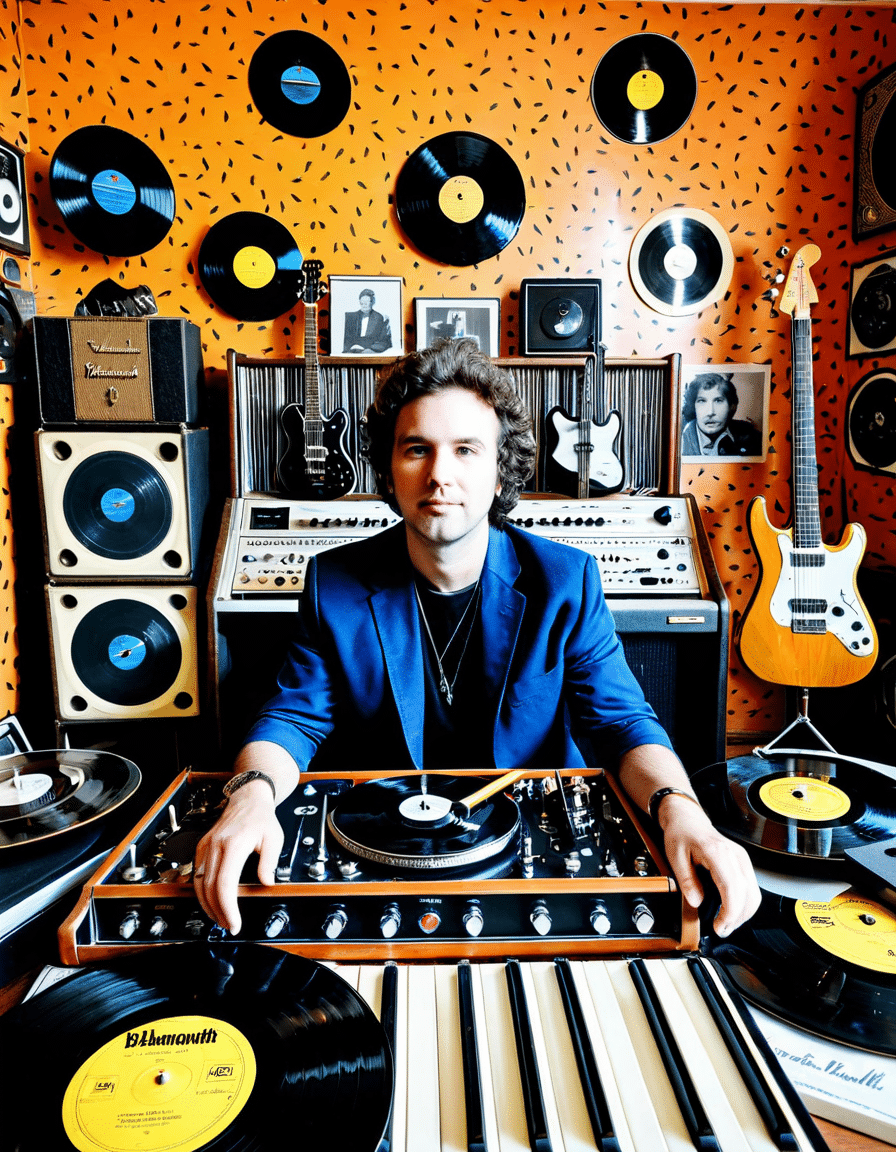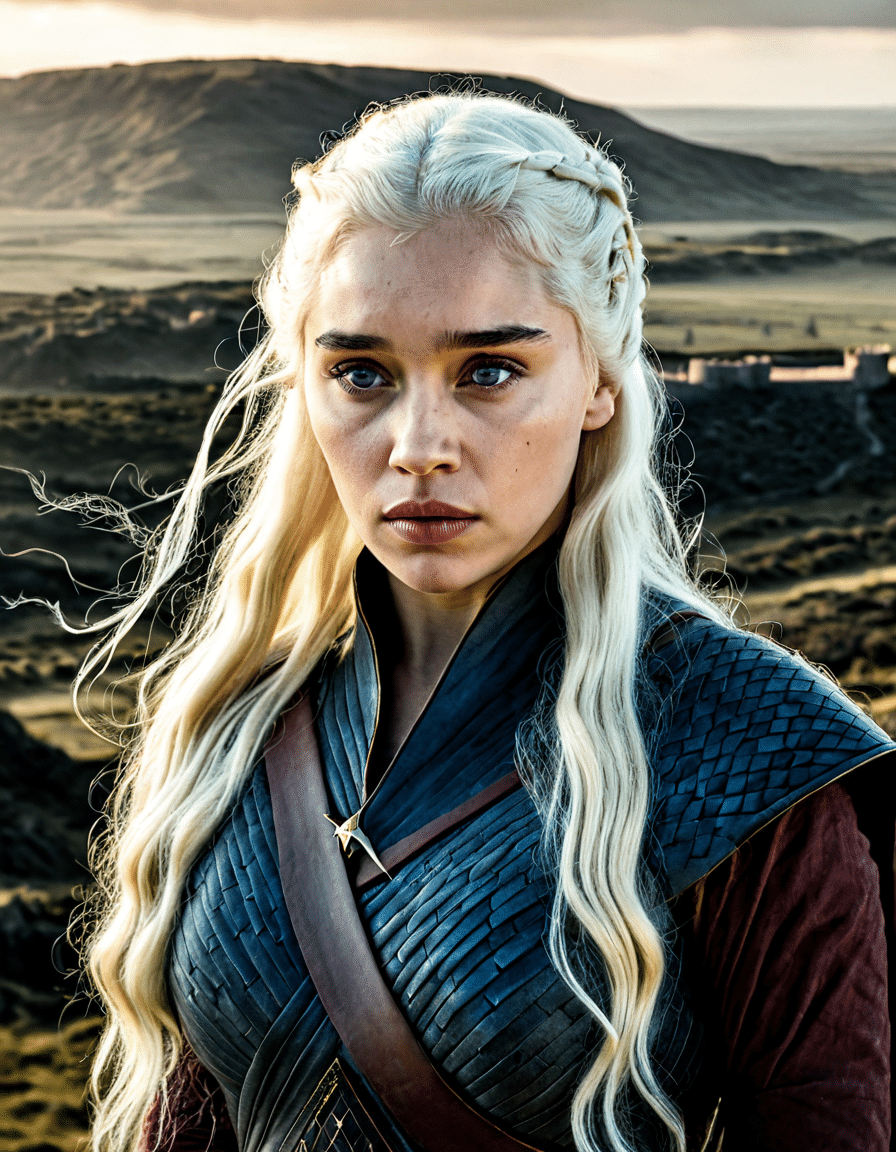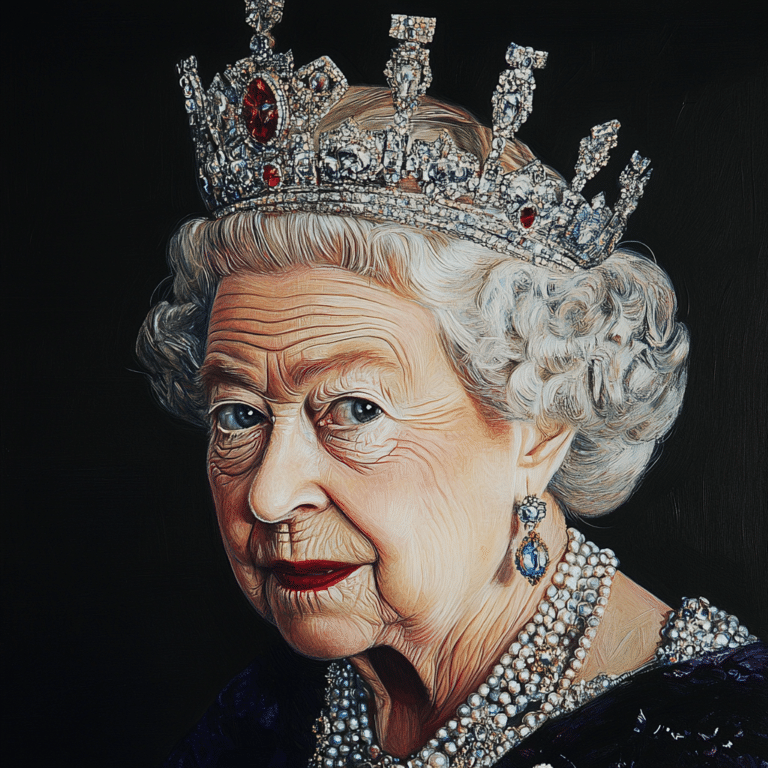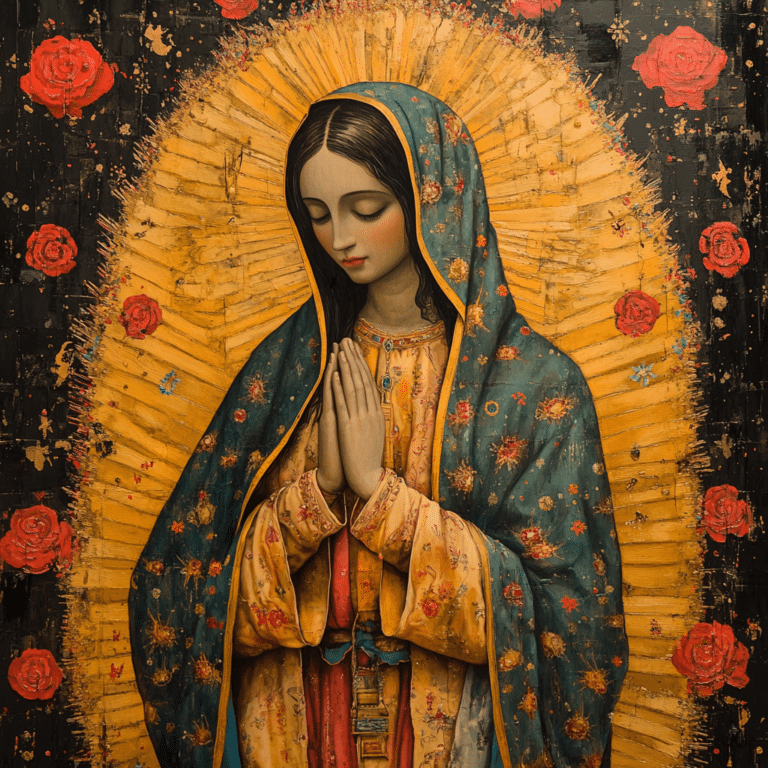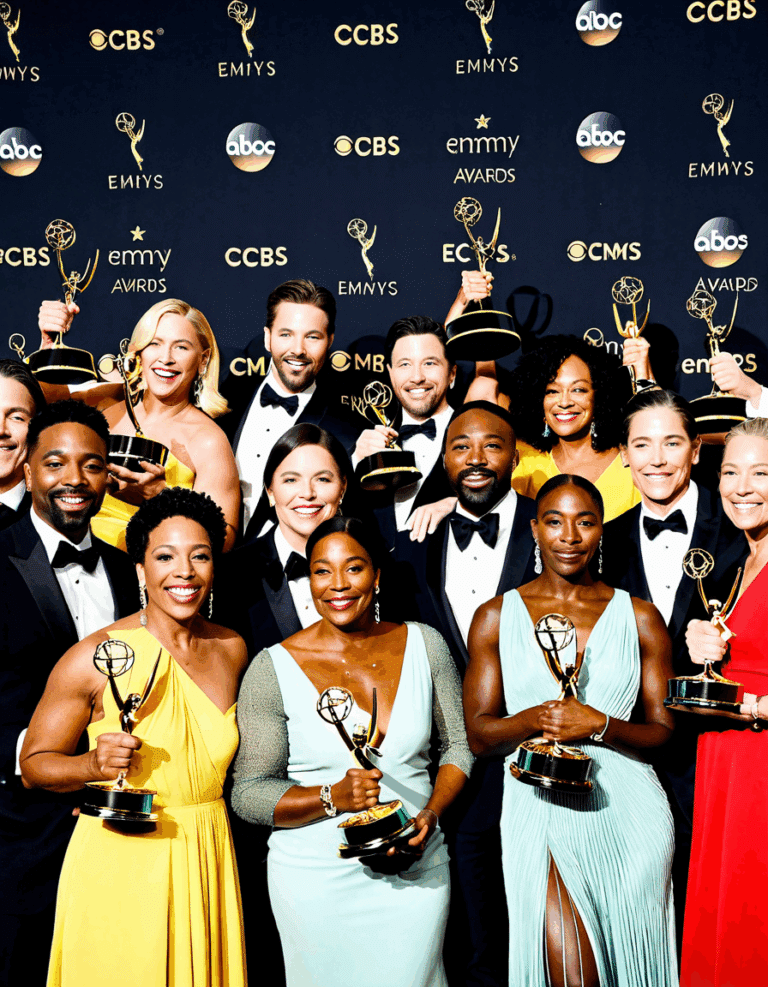Franco Nero is a name that echoes through the annals of cinematic history, particularly within the beloved spaghetti western genre. When you think of iconic characters, Django, as played by Nero in Sergio Corbucci’s 1966 classic film “Django,” stands at the forefront. This film, blending dark themes with moral ambiguity, reshaped the landscape of Westerns. Nero’s rugged charm and intense performances made him a likeness for audiences who appreciate grounded portrayals in an often stylized genre. So, let’s saddle up and take a ride through the remarkable legacy of Franco Nero, shall we?
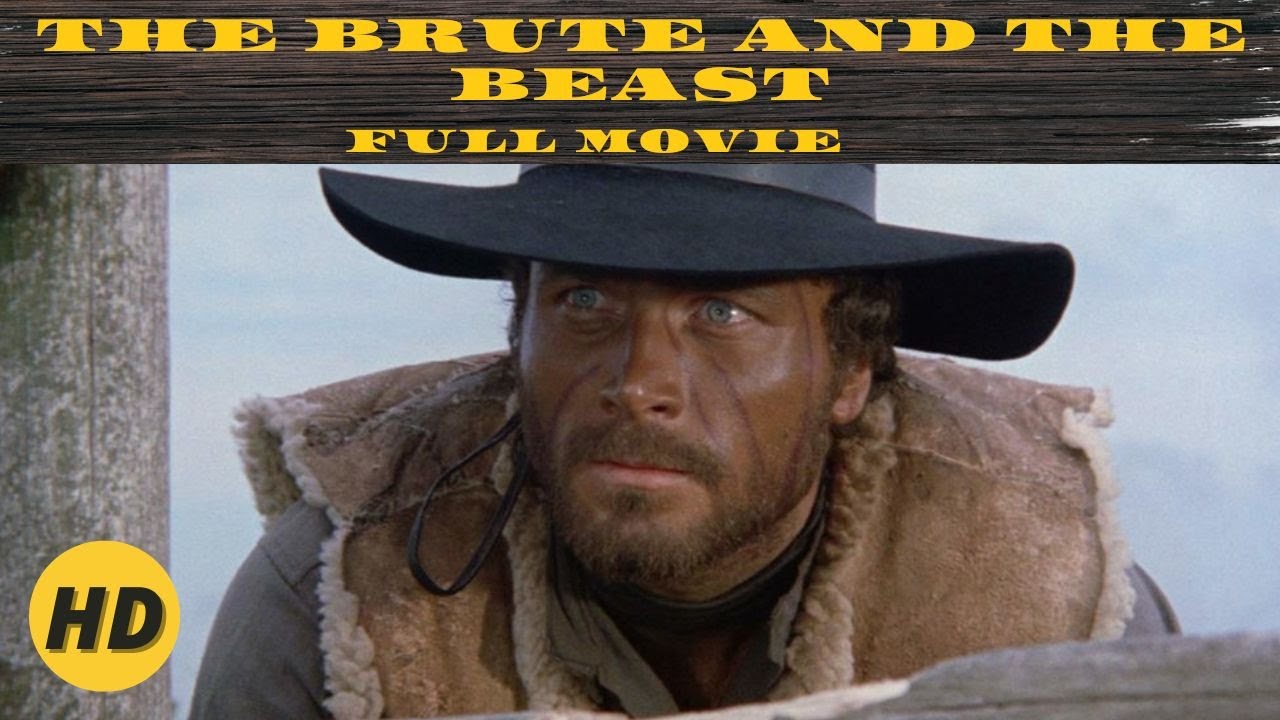
The Legacy of Franco Nero in the Spaghetti Western Genre
Django’s journey across the dusty plains marked the rise of Franco Nero as a leading man in cinema. Back in the ’60s, the spaghetti western was more than just gunpowder and grit; it delved into the human condition, often showcasing characters with deeper emotions and motivations. Nero’s Django was not just another gun-slinging hero; he was a complex figure shaped by trauma and vengeance, a characterization that resonated with viewers. The success of “Django” paved the way for a treasure trove of sequels, knock-offs, and tributes over the years, a testament to the character’s enduring appeal.
Nero’s charisma and powerful presence lit up the screen and created a model for future antiheroes. Directors and actors began to explore more nuanced roles, paving the way for a change in how Westerns were approached. From Clint Eastwood’s “Man with No Name” to Robert Pattinson’s more recent portrayal in “The Batman,” this shift toward complexity owes much to Nero’s groundbreaking work in the spaghetti western genre. Think of it as a popcorn kernel popping—once that first one goes, the others soon follow!
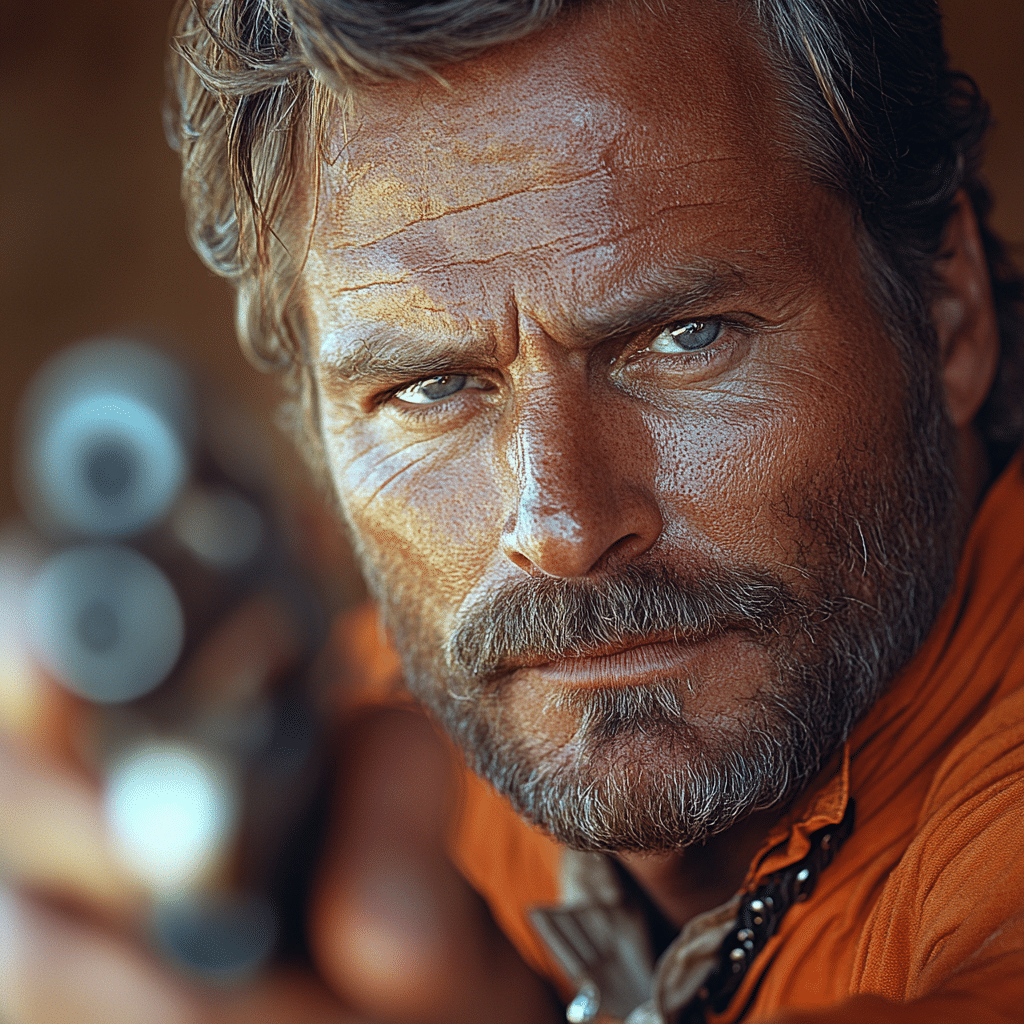
Top 5 Roles That Defined Franco Nero’s Career Beyond Django
While Nero will always be linked to Dante’s cowboy boots, he donned many other hats (and hairstyles) over the decades. Here are five standout performances that showcase just how versatile this actor really is:
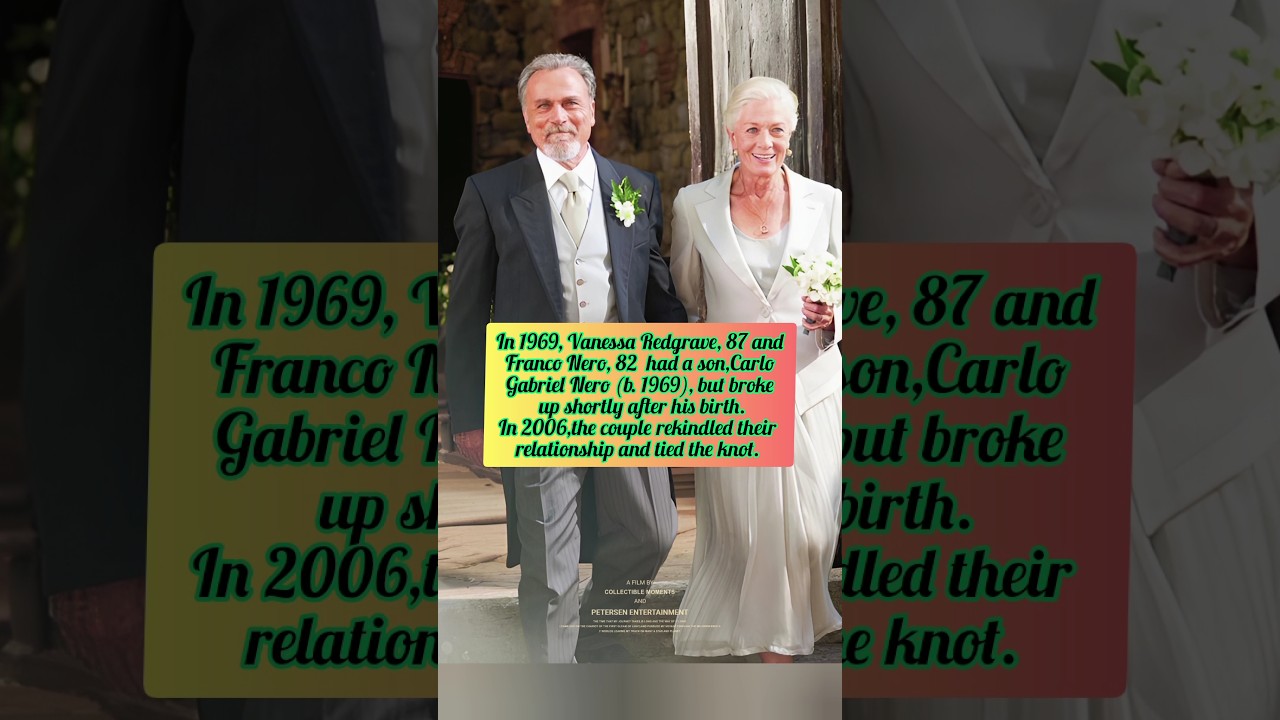
Franco Nero and the Evolution of Western Cinema
The legacy of Franco Nero hitched a ride on the tail end of the Golden Age of Westerns. His unique spin on the genre set a standard for storytellers eager to explore the darker facets of heroism. Fast-forward to today, and you can see echoes of Nero in modern portrayals, like the morally ambiguous characters in Robert Pattinson’s interpretation of Batman. Just as Nero turned the spaghetti western on its head, actors today are reshaping the superhero genre, showcasing the beautifully messy nuances of their roles.
The evolution of Westerns wouldn’t be complete without acknowledging the blueprint laid out by Nero. Today’s filmmakers often reference back to themes established in the spaghetti westerns, showing how timeless and influential these narratives can be. As film evolves, the fabric of storytelling continues to weave together different influences, reminding us that great characters—whether in dusty landscapes or cityscapes—are driven by deep, often conflicting motivations.
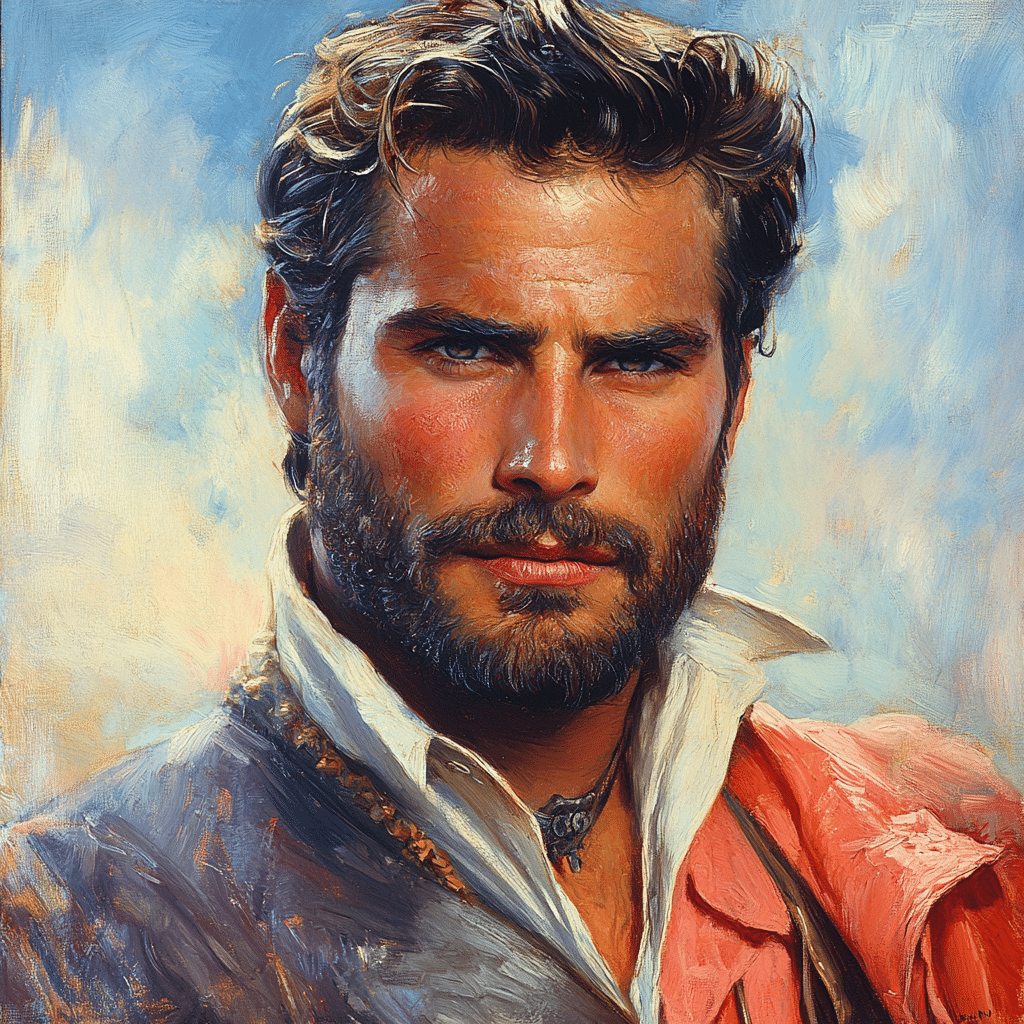
Franco Nero’s Role in Shaping Cultural Icons
Beyond “Django,” Franco Nero’s portrayal of the antihero has paved the way for countless characters in modern films. Look at the complexity found in Christopher Nolan’s “The Dark Knight” trilogy—those layers of moral ambiguity can be traced back to the kinds of heroes Nero played on screen. Cinema has threaded a rich tapestry of storytelling that blends old influences with new, crafting narratives that keep us on the edge of our seats.
As times change, the impact of Nero’s work continues to resonate. Characters that embody struggle and contradiction have become a staple in films today. This evolution in storytelling exposes audiences to a grittier realism, showcasing how our need for complex characters can bridge generational gaps—not just between actors, but between the stories we tell and the ones we’ve inherited.
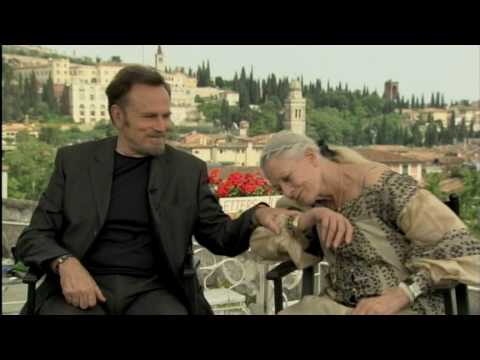
Franco Nero’s Enduring Influence on New Generations
Franco Nero’s extraordinary blend of charm and intensity hasn’t just shaped a genre—it’s inspired new generations of actors and filmmakers alike. Just think of how many faces today wear the “Django” crown, each interpreting the character’s legacy in fresh new ways! Hollywood frequently dusts off old genres, and with every remake, it’s obvious his strategies and themes remain relevant and potent.
Nero’s influence is more than nostalgia; it’s a guide for storytellers looking to craft compelling narratives. Young filmmakers see his ability to portray complex characters as a blueprint for developing rounded, authentic individuals on screen. Characters are no longer just heroes or villains; they live in shades of gray, inviting deeper connections with audiences everywhere.
Finding Inspiration in Franco Nero’s Journey
Franco Nero is more than a face in the crowd; he represents the transformation of cinematic storytelling—a remarkable journey worth celebrating. As we look to the future of film, his essence remains potent, sprouting influences in names like Robert Pattinson and others who aspire to cultivate depth in their performances.
Every layer of Nero’s characters carries a weight that resonates with viewers. His ability to be both ruggedly charming and deeply introspective inspires filmmakers to dig deeper into their storytelling roots. As we continue to celebrate cinematic giants, it’s clear that Franco Nero’s legacy won’t just fade into history; instead, it will continue to shape the narratives we hold dear, leaving us hungry for more stories that captivate our hearts and minds. Here’s to Franco Nero—the enduring icon whose impact will warm our screens for generations to come!
So, whether you’re gearing up for a classic rerun of “Django” or pondering How long Should You stay in a sauna, there’s no denying that Franco Nero will always be a crucial part of film history. And for the best in contemporary insights, don’t forget to check out top Ulike Reviews and other great content at Loaded Dice Films!
Franco Nero: The Iconic Legend Behind Django Films
A Legendary Presence in Cinema
Franco Nero isn’t just a name; he’s an institution in the cinematic universe, especially renowned for his captivating role as Django. This iconic spaghetti Western, released in 1966, helped cement Nero’s status as a film legend. Interestingly, while Nero became synonymous with the character, many fans may not know that the film’s success was heavily influenced by the Italian film industry’s focus on originality during the 60s. In a fascinating cultural twist, the film’s intrigue paralleled the rapidly changing world we know today, much like the questions surrounding pop culture, as seen in trends like the modern mullet haircut—where style sometimes flickers into mainstream awareness like a shooting star (modern mullet haircut).
Not only did mentor films like Django propel Nero into stardom, but they also paved the way for future artists, including actors like Tom Payne who draw inspiration from predecessors like him (tom payne). It’s said that Nero’s commitment to character depth has influenced generations—he’s not just acting; he’s bringing entire worlds to life. What a testament to his talent!
Enduring Legacy and Connections
Nero’s impact isn’t confined to one film or genre; it’s spread across various projects over decades. After the groundbreaking Django, Nero starred in numerous films that showcased his versatility, connecting with audiences post-Django that remain strong to this day. Interestingly, he also shares a notable link with Hollywood royalty and contemporary actors alike, which can sometimes illuminate the paths taken by artists like Gene Wilder’s grandson, who has had to navigate the pressures of a famous legacy while finding his own voice gene wilder grandson).
Moreover, Franco’s charisma has made him a beloved figure well beyond his film roles. You might catch whispers of admiration mingling through the industry, similar to what you hear about the talented cast from reality shows like Dance Moms dance Moms cast). Those connections may very well have stemmed from the legacy he laid down as Django, inspiring countless creatives to step into the spotlight.
The Icon’s Recent Ventures
Even today, Franco Nero remains dynamically involved in the film industry. His ability to adapt is remarkable, much like the grit shown by strong sports figures, such as Jack Lambert, who personifies perseverance (jack lambert). Whether it’s stepping into classic roles or embracing fresh experiences, Nero defies the age-old notion that stars fade; he shines brighter with every new venture.
Fans are still wondering what’s next for this cinematic titan. As his career unfolds, it’s like watching a thrilling narrative develop as new chapters emerge, much akin to the decades-spanning journeys of actors like Ben Smith-Petersen, who find their footing amidst the evolving landscape of acting ben smith Petersen). With every flick of a film reel, Franco Nero’s legacy continues to beckon admirers of every generation.
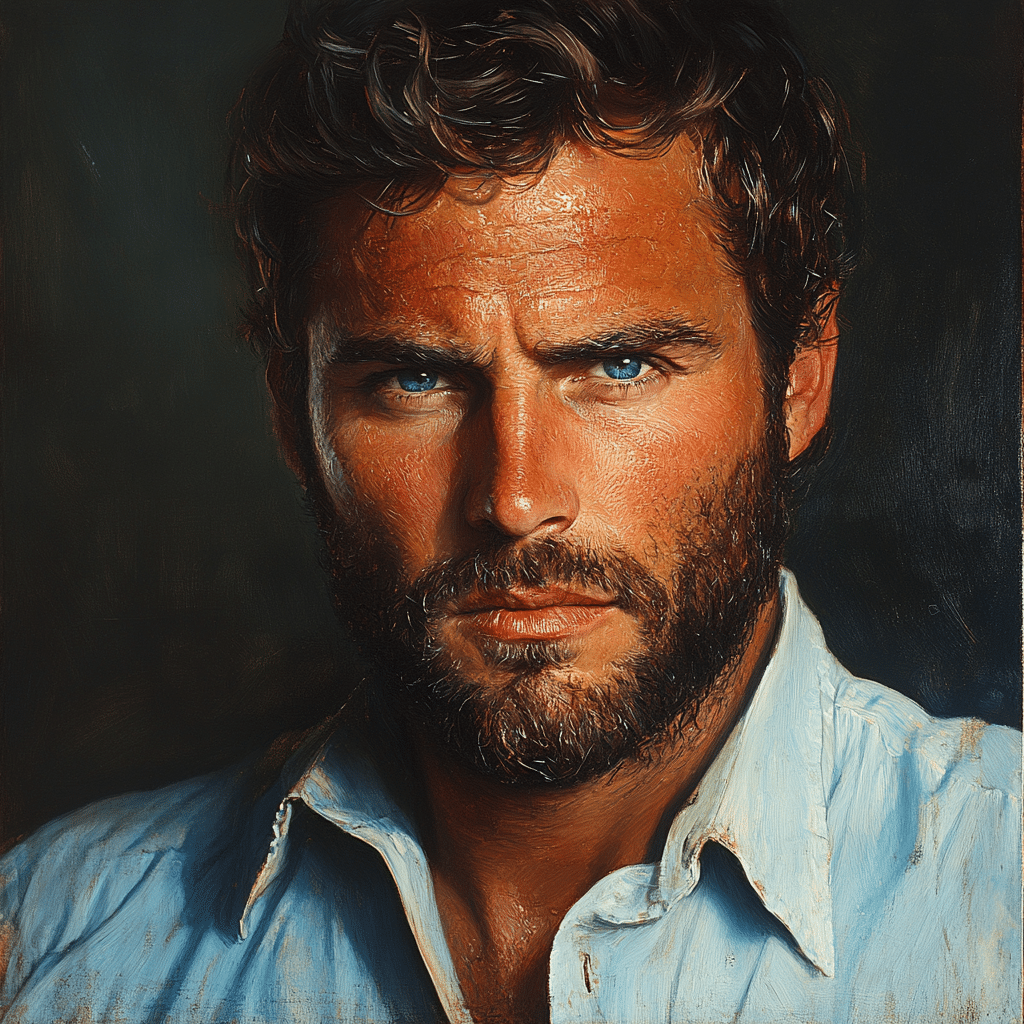
What was Franco Nero known for?
Franco Nero is best known for his role as Django in the 1966 spaghetti western directed by Sergio Corbucci, which skyrocketed him to fame. He’s also starred in over 230 films throughout his long career.
Are Vanessa Redgrave and Franco Nero together?
Yes, Vanessa Redgrave and Franco Nero are together. They were married in 2006 after reuniting years after having a son together.
What is the age difference between Vanessa Redgrave and Franco Nero?
The age difference between Vanessa Redgrave and Franco Nero is about five years, with Redgrave being the elder at 73 and Nero at 78.
Who are Franco Nero’s children?
Franco Nero has one son, Carlo Gabriel Nero, who is now 40 years old.
Why was Nero so famous?
Nero became famous largely due to his iconic role in Django, which helped define the spaghetti western genre, along with his extensive work in various films.
What was Franco famous for?
Franco Nero is most famous for starring in spaghetti westerns and several international films, particularly in the 1960s and 1970s.
Does Franco Nero speak English?
Yes, Franco Nero speaks English, although it’s his second language, and he often acts in various languages.
What is Vanessa Redgrave most famous for?
Vanessa Redgrave is most famous for her impressive career in film, theater, and television, earning multiple awards, including an Academy Award.
Why did Timothy Dalton and Vanessa Redgrave split?
Timothy Dalton and Vanessa Redgrave split after a relationship that lasted for several years, with the exact reasons often cited as different paths in their careers and personal lives.
Is Vanessa Redgrave a smoker?
Yes, Vanessa Redgrave is a smoker, known to have smoked for most of her life.
Did Franco Nero sing in Camelot?
Yes, Franco Nero did sing in Camelot, where he played Lancelot and showcased his musical talents in the film.
Is Vanessa Redgrave related to Liam Neeson?
Vanessa Redgrave is not directly related to Liam Neeson, but they’re both prominent figures in the acting world, sharing a similar background as actors.
What happened to Nero’s wives?
Franco Nero’s marriages include his long-term relationship with Vanessa Redgrave, whom he married, and he has not had other publicized wives.
What happened to Nero’s father?
Franco Nero’s father passed away when he was young, leaving a significant impact on his early life.
Is Franco Nero Italian?
Yes, Franco Nero is Italian; he was born in Parma, Italy, and is well-known for his contributions to Italian cinema.


